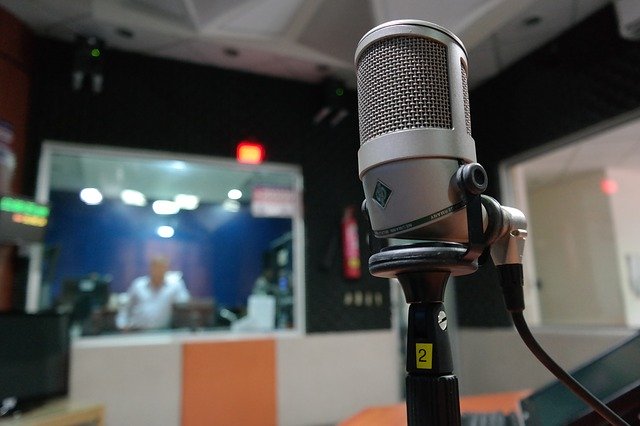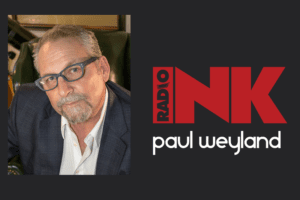
Dealing with Doctors Who Don’t Like Advertising
Many doctors and dentists feel that radio or television advertising “cheapens” their professions and that it is beneath them to promote their skills. Yet at the same time, these same medical professionals have no problem advertising in the Yellow Pages or in those little magazines you only see in doctors’ offices.






